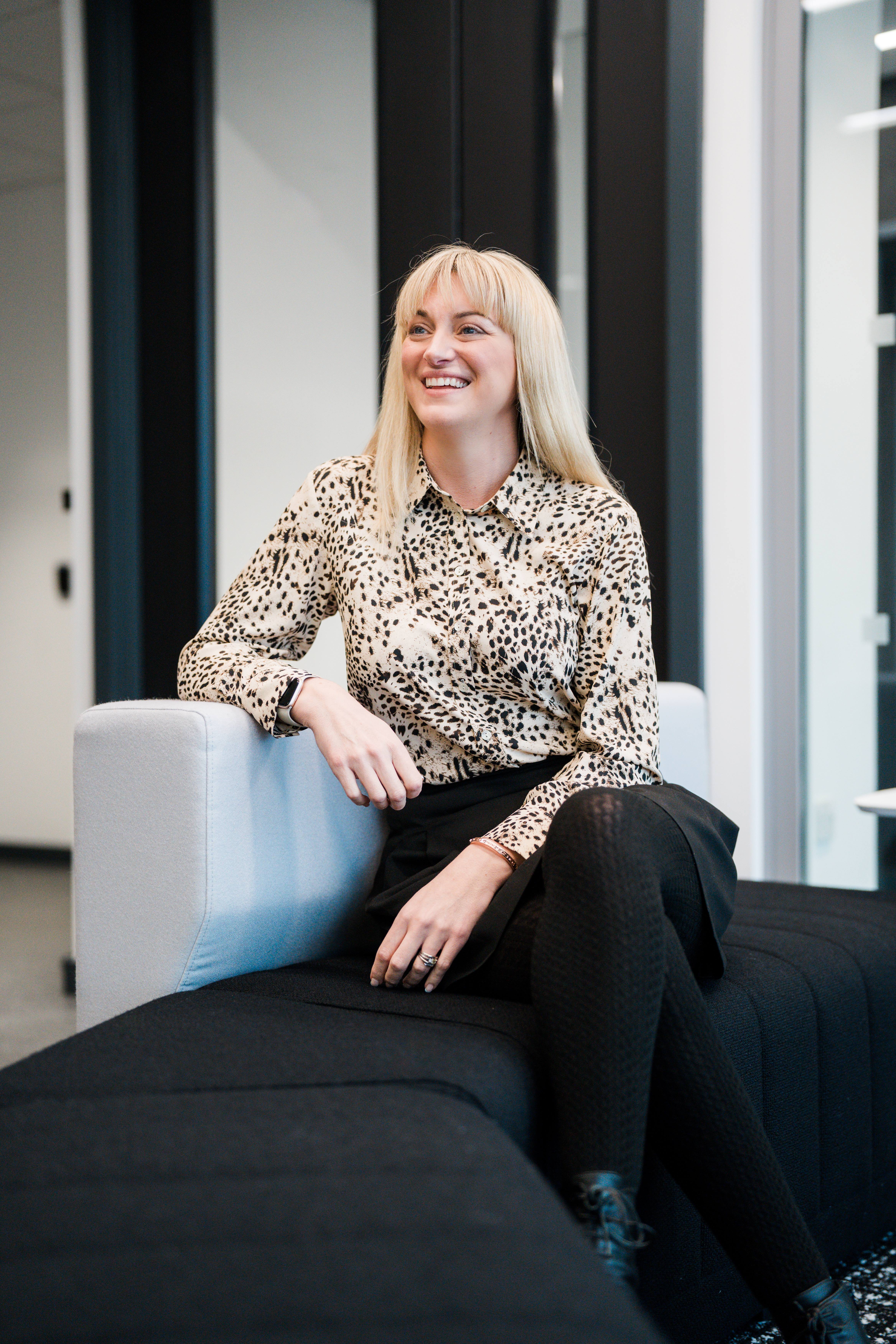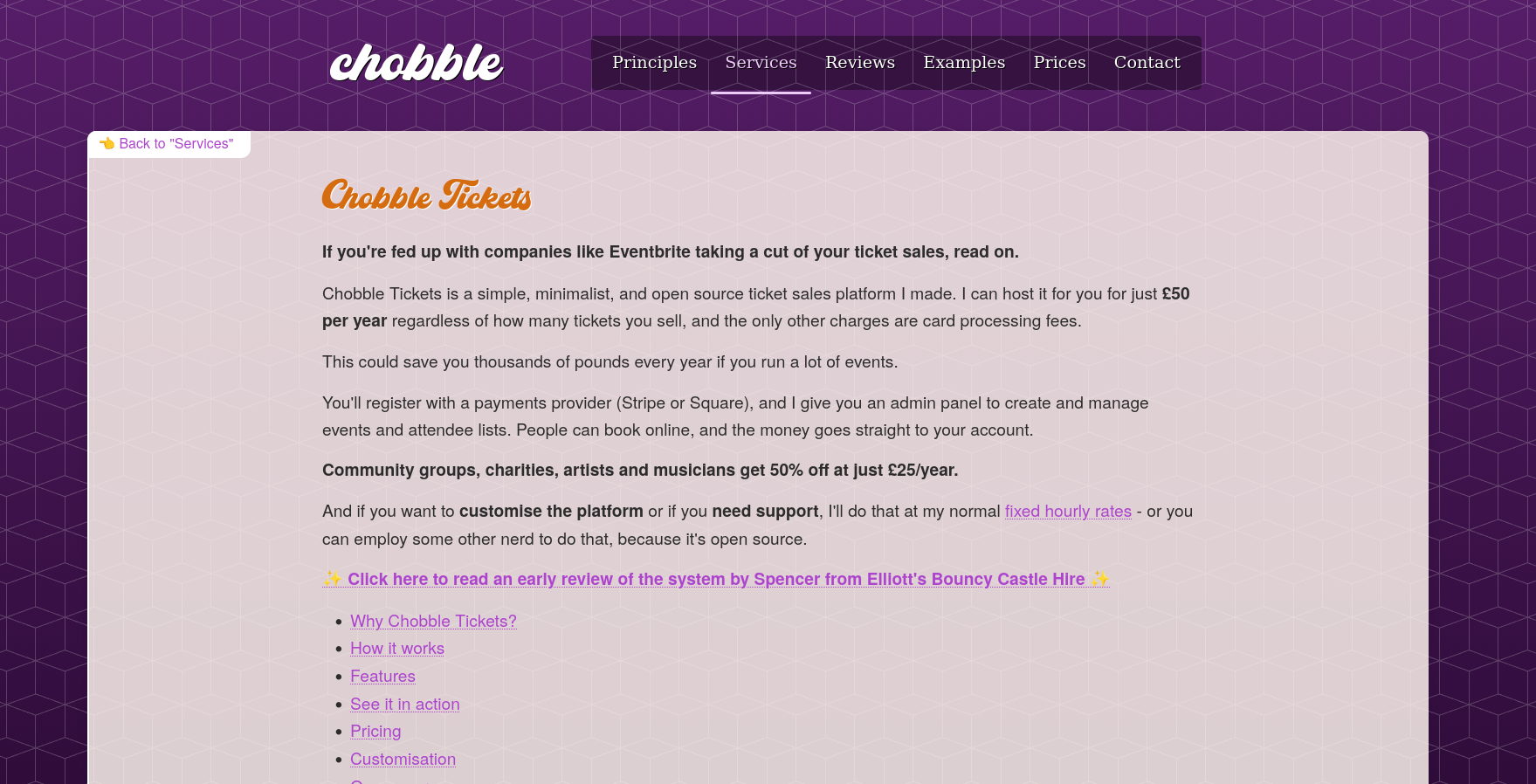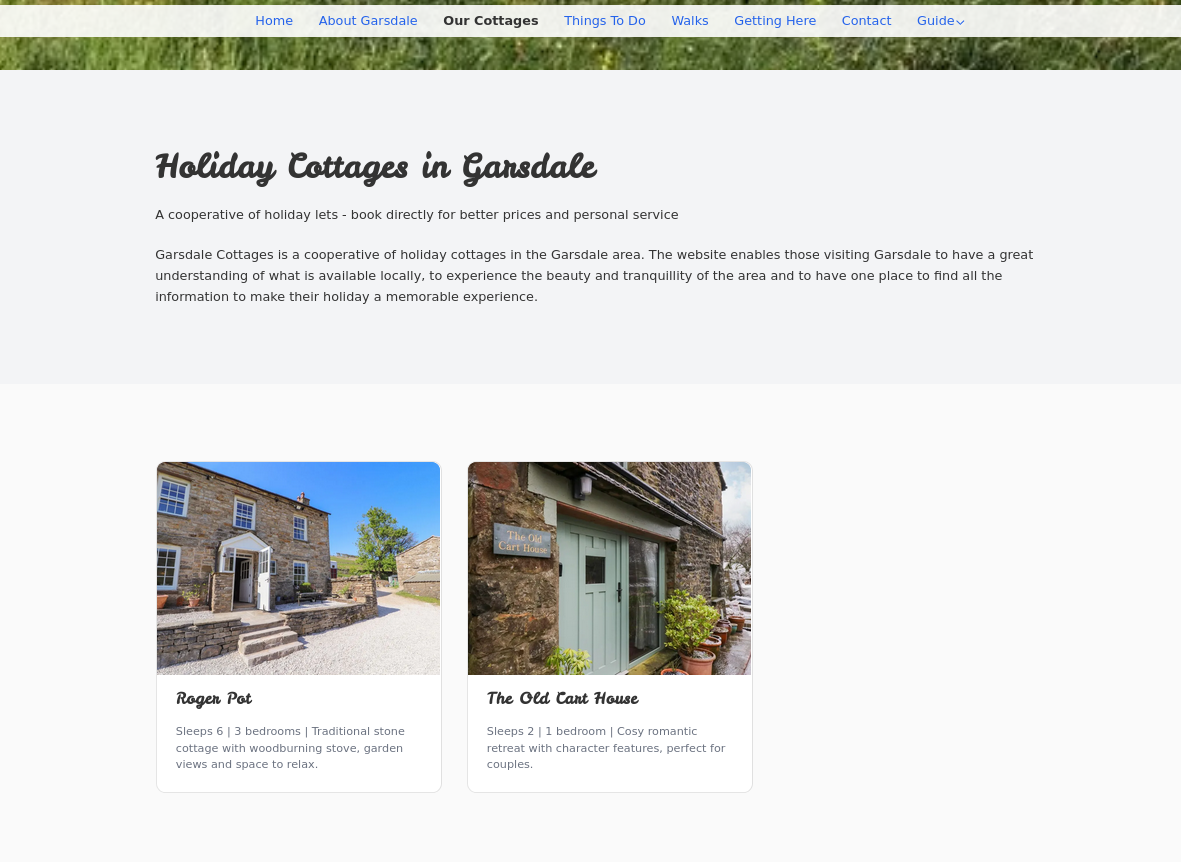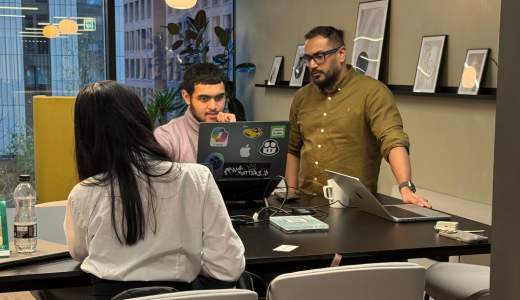What attracted you to pursue a career in digital and tech?
My generation grew up using touch screen mobile devices and laptops and as a teen I used to play a lot of computer games and often helped friends and family use their own devices. I took an interest in Information Technology at school and studied for a diploma in game development covering 3D environment design and concept art at college. I also learned coding in HTML which gave me good exposure to tech.
I didn’t feel university was right for me so after college I started a job in retail and parked my tech career interest for a while. Shortly after this, I started coding with a friend who was a software developer. He assigned me some small coding projects to help build my knowledge and skills. I checked Civil Service jobs one day and noticed an apprentice software developer entry role advert. After doing some research I learned that the apprenticeship would support me in a career change which was a fantastic opportunity, so I took a chance, applied and was successful.
Since joining the Home Office as a Digital Apprentice what are you doing now?
I joined as an apprentice developer and 16 months later was successful in securing an associate developer role and I've since been promoted to a mid-level software developer, all within 2 and a half years. Currently, I work with a multi-skilled team delivering software development projects and services for a variety of users. These projects support the police with technology applications that help them tackle crime across the UK.
What does your day-to-day work involve and why does it matter to you?
My job involves coding and developing an application to users’ specification. I work with developers, testers, business analysts and project leads, building solutions for government and the wider public. We work on a ticket (task) system. Each ticket will contain actions relating to a new part of the application to be built or edited, to improve usability. I get job satisfaction knowing I am helping to protect the public and making the police role easier, as well as working in an environment that promotes time for learning and growing as a developer. It’s important for me to contribute to public services in a way that really matters.
How have you progressed your career at the Home Office?
The Home Office’s Digital Apprenticeship programme and application process is a fair and open opportunity for people with little to no tech experience to join the Home Office. The programme provides a good base for tech learning and access to all areas of development required for your role. At the end of the apprenticeship, you’re supported to apply for a permanent associate position. For me, once I progressed from an apprentice to an associate developer, I had more time to work on new skills such as front-end development. All of this built my confidence and gave me tangible examples to include in my application when I was ready for promotion. I was successful in my application for the Software Developer role, and here I am!
How have you applied what you’ve learned so far?
I was able to work on a small Greenfield project for an internal team, who were relying on an excel spreadsheet to manage data. Our work has allowed the team to access a front-end application with provides graphical real-time data. We were able to build part of the application using AWS, and here I learned more about DevOps work and how we connect code to cloud applications.
What advice can you give to people considering a digital and tech role at the Home Office?
Applicants should research the role they are applying for to be clear on the distinction between the software developer and the DevOps engineer positions. They’re not the same role, and it's important to know the differences between the two. There is no pressure to be technical – you will build these skills on the job - but having a general understanding is important.
What’s the biggest benefit of working at the Home Office?
The learning and careers progression support you’ll get is second to none. You’ll have one main point of contact but the whole team is there to help you along your career journey. You’ll be able to drop them a message at any time and ask questions, and they'll do all they can to help you.








